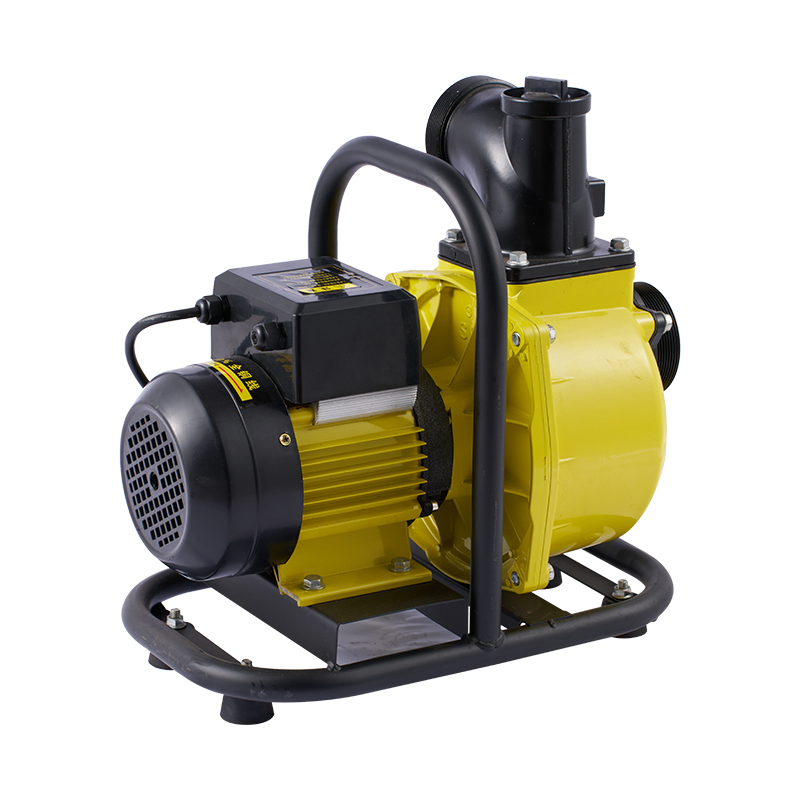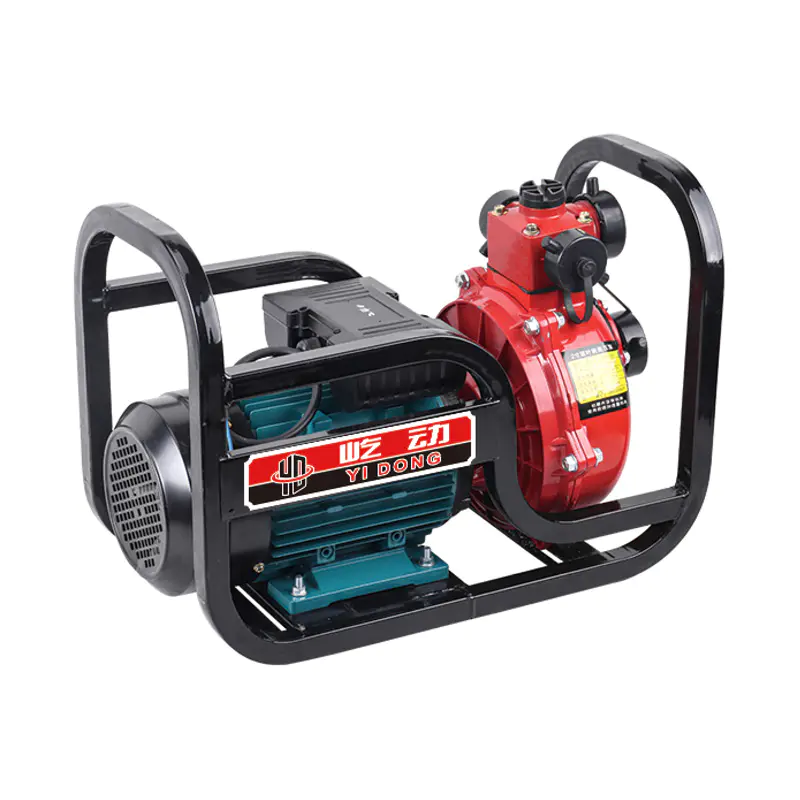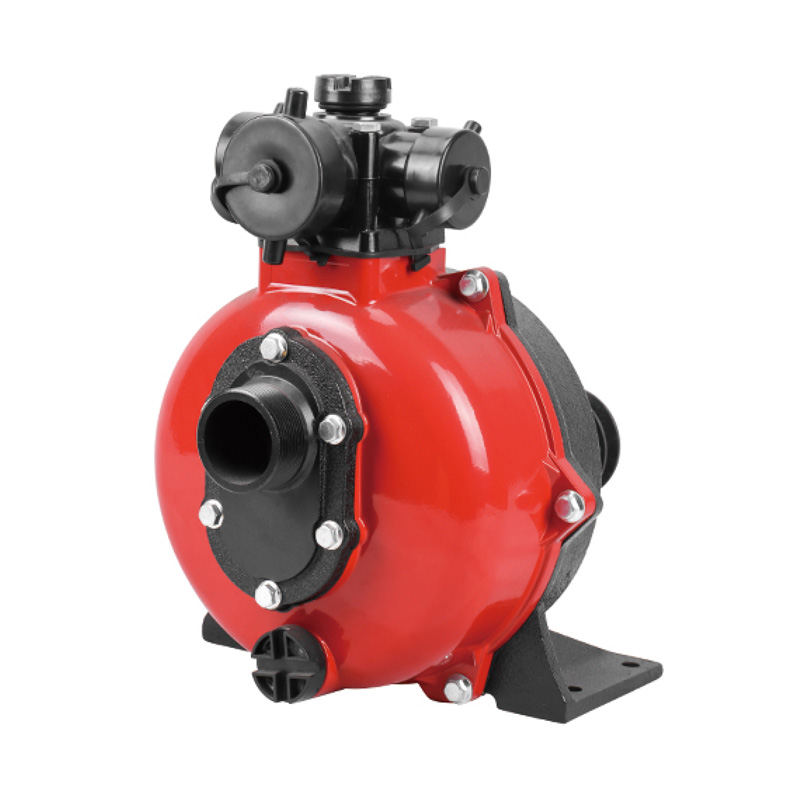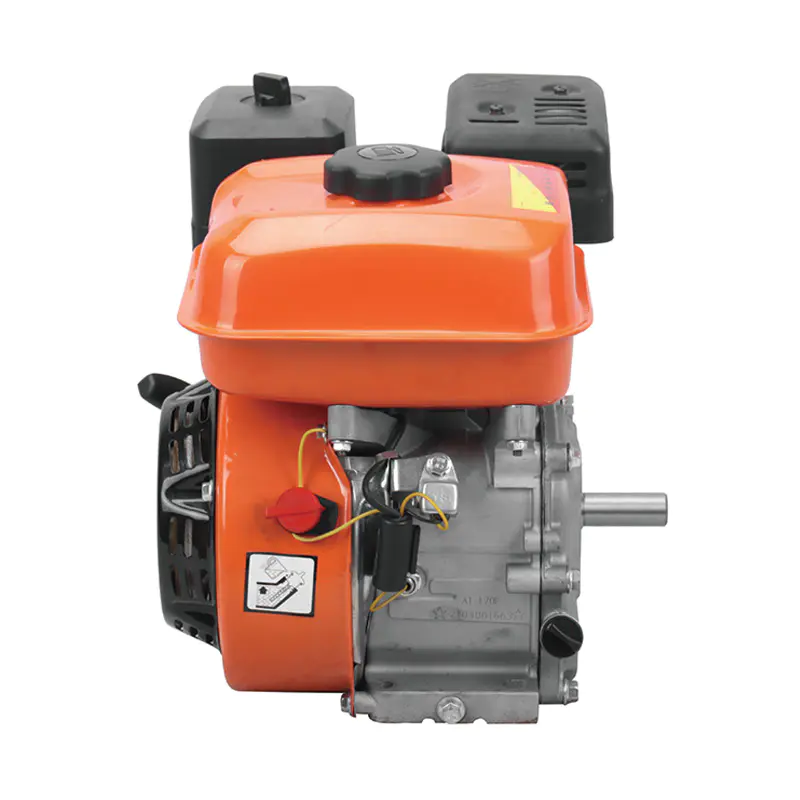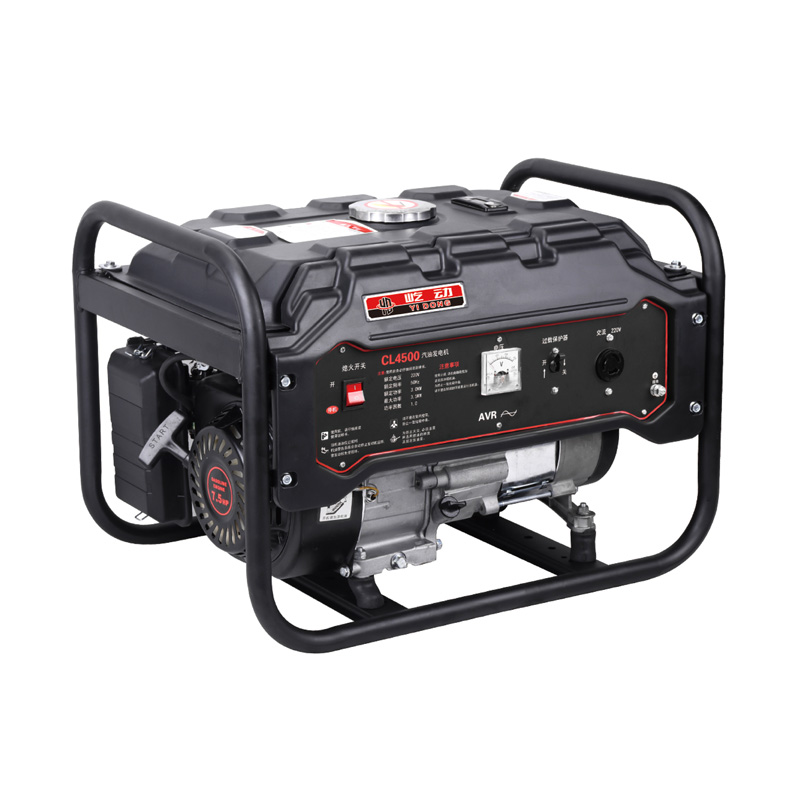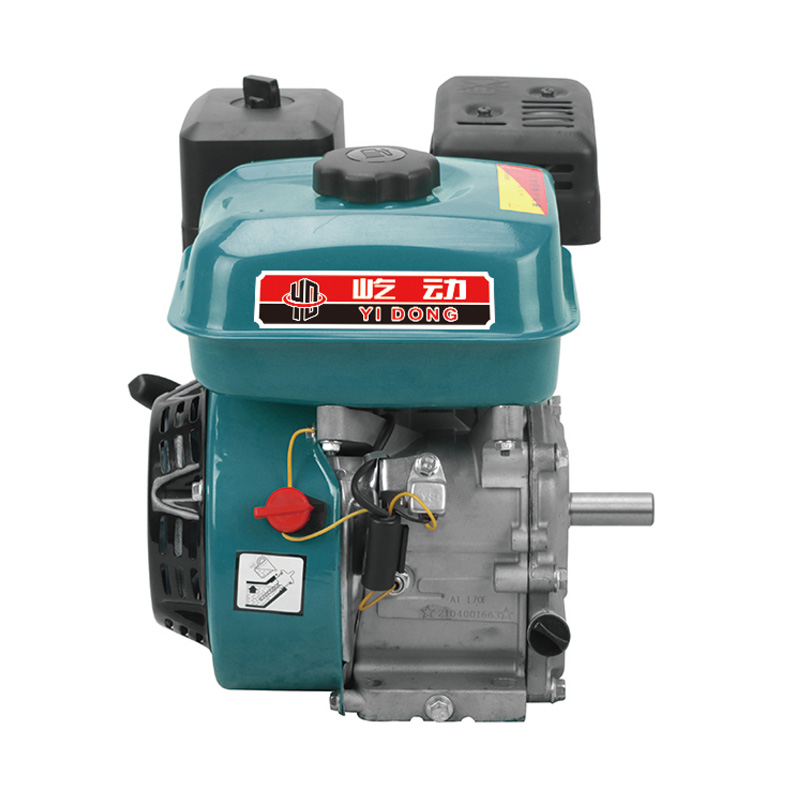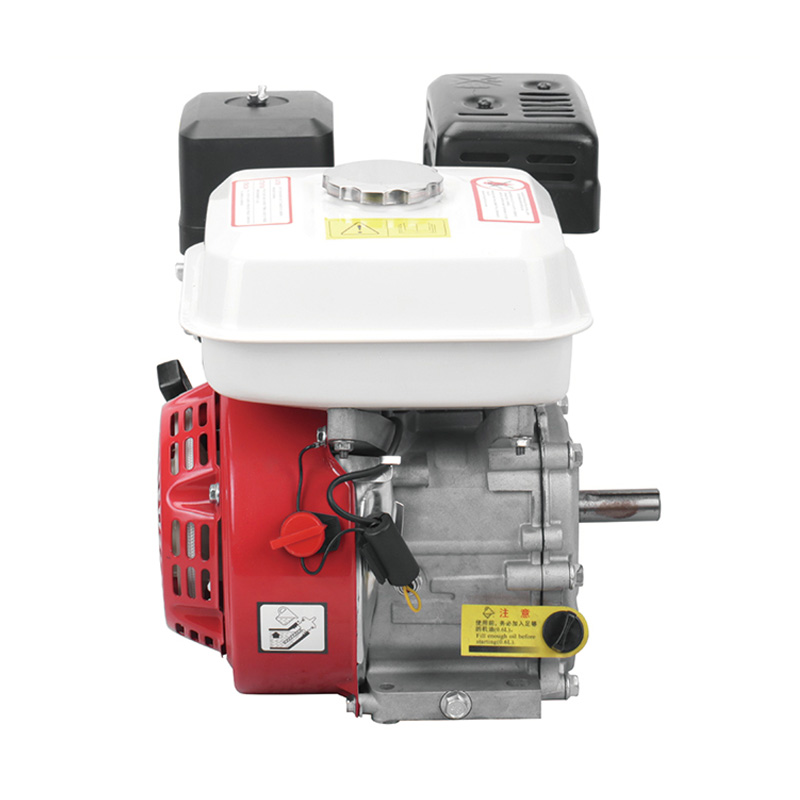Self-priming Drag Pump
Intelligent Solar Surface Self-priming Pump
The Intelligent Solar Surface Self-priming Pump is an innovative solution for sustainable water pumping. This pump is available in both 2-inch and 3-inch models, designed to operate efficiently with a DC voltage range of 48-72V and solar panels with a voltage range of 72-145V. The 2-inch model offers a flow rate of 20 cubic meters per hour with a head of 20 meters, while the 3-inch model provides a higher flow rate of 35 cubic meters per hour with a head of 17 meters. This pump is ideal for a variety of applications, including irrigation, aquaculture, deep well water extraction, gardening, and fountain operation. Its intelligent design allows for seamless integration with solar power systems, making it an eco-friendly choice for remote or off-grid locations. The pump’s self-priming feature ensures quick and easy setup, while its robust construction guarantees reliable performance in diverse environmental conditions. By harnessing solar energy, this pump not only reduces operational costs but also contributes to a greener and more sustainable future.
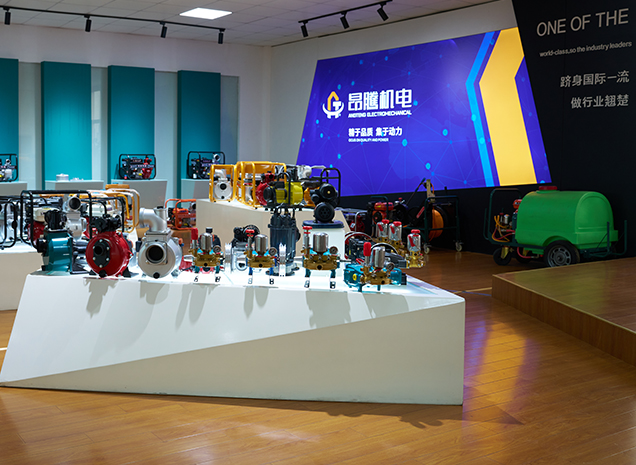
20 Years
Experience
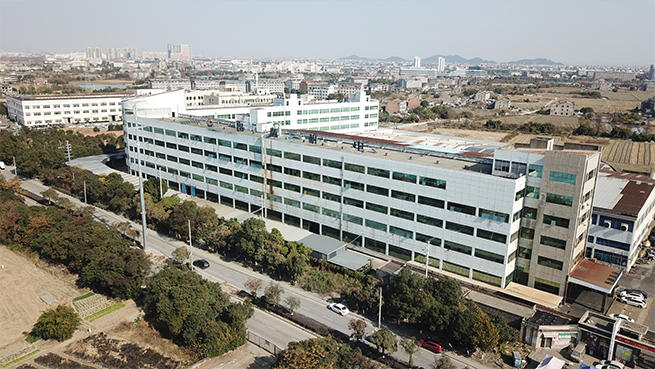



About Company
About Angteng
ZHEJIANG TAIZHOU ANGTENG ELECTROMECHANICAL CO., LTD. is an OEM/ODM Intelligent Solar Surface Self-priming Pump Company and Wholesale Intelligent Solar Surface Self-priming Pump Supplier. It has been established for more than 7 years. It is an enterprise that develops, produces, and sells gasoline and diesel engines, generator sets, water pumps, and high-pressure cleaners. The company is located in Changpu Street, Luqiao District, Taizhou City, on the coast of the East China Sea. It is adjacent to National Highway 104 in the west, Shanghai-Ningbo-Hangzhou Expressway in the north, Haimen Port in the east, and close to Luqiao Airport.
It has a group of highly qualified professional and technical personnel, a complete set of modern advanced production equipment, independent mechanical processing and development capabilities, and a unique "Scientific Research Institute and Development Center" to focus on creating high-quality and excellent products for customers.
Industry Knowledge Extension
1. What Is the Flow Rate (GPM/LPM) of a Solar Water Pump?
| Pump Type | Typical Flow Rate (GPM) | Typical Flow Rate (LPM) | Common Applications |
| Small Garden Pump | 1 – 5 GPM | 4 – 20 LPM | Backyard irrigation, small livestock watering |
| Medium Agricultural Pump | 10 – 30 GPM | 38 – 114 LPM | Small-to-medium farms, drip or sprinkler irrigation |
| Large Community/Industrial Pump | 50 – 100+ GPM | 190 – 380+ LPM | Large-scale irrigation, water supply, industrial water transfer |
The flow rate of a solar water pump is a key indicator of how much water the system can move within a given time. It depends primarily on the pump size, engine or motor capacity, head height, and the solar energy available. Smaller pumps, typically used in gardens or for livestock, operate in the 1–5 GPM range, sufficient for light water distribution. Medium-sized pumps increase the flow to 10–30 GPM, supporting farm irrigation and larger water requirements. High-capacity pumps designed for communities or industrial projects can exceed 100 GPM, ensuring continuous water supply for extensive operations.
The vertical lift, or total dynamic head (TDH), significantly affects flow rate. The higher the water needs to be lifted, the more energy is required, and the lower the flow may become. Solar energy variability is another factor: solar irradiance can fluctuate during cloudy or rainy days. Advanced solar pumps equipped with MPPT (Power Point Tracking) optimize energy use, maintaining efficient water delivery under varying sunlight. By understanding these factors, users can select a solar pump that meets their flow requirements, whether for residential, agricultural, or industrial applications.
2. What Are the Main Applications of Electric Surface Pumps?
Electric surface pumps are among the versatile pumps used across domestic, agricultural, and commercial applications. Positioned above the water source, they use suction to draw water, which makes them ideal for shallow wells, tanks, rivers, and ponds.
Domestic Water Supply
Surface pumps are widely used in homes and residential areas to maintain a steady water flow. They can supply water for kitchens, bathrooms, gardens, and lawn irrigation. Their compact design allows easy installation near water sources, and minimal maintenance ensures long-term functionality.
Agricultural Irrigation
In farms and orchards, surface pumps support sprinkler or drip irrigation systems, ensuring crops receive consistent water coverage. They allow farmers to adjust pressure according to the irrigation method, water efficiency while maintaining plant health.
Commercial and Industrial Use
Electric surface pumps are essential in industries for applications such as transferring water between tanks, cooling systems, and cleaning equipment. They are also employed in construction sites to supply water for cement mixing or temporary water needs. The reliability of these pumps makes them suitable for continuous operation under demanding conditions.
Drainage and Emergency Applications
Portable electric surface pumps are particularly useful for dewatering flooded areas, basements, or low-lying construction zones. Their quick deployment and effective suction allow water removal in a timely manner, preventing operational delays and damage.
Electric surface pumps provide flexibility, efficiency, and ease of use, making them indispensable tools across residential, agricultural, and industrial environments.
3. Solar Electric Water Pump: Three Key Advantages
Solar electric water pumps integrate renewable energy with electric motor technology, providing a modern, eco-friendly approach to water management.
1. Energy Efficiency and Cost Savings
Solar pumps operate solely on sunlight, eliminating the need for electricity or fuel. This significantly reduces operating costs while supporting sustainable water management. Once installed, solar pumps can function for years with minimal energy expense. This makes them particularly valuable in remote or off-grid locations where electricity access is limited or costly.
2. Reliable Operation in Remote and Rural Areas
One of the main advantages of solar electric pumps is their independence from traditional power sources. Farmers, communities, and households in rural areas can benefit from consistent water supply for irrigation, livestock, and daily use. Some systems are equipped with storage batteries or hybrid configurations to allow pumping during cloudy weather or nighttime, ensuring uninterrupted water availability.
3. Low Maintenance and Long Lifespan
Solar electric pumps require less maintenance compared to conventional pumps. With fewer moving parts, corrosion-resistant materials, and advanced brushless DC motors, they are durable and reliable over extended periods.



 English
English русский
русский Français
Français Español
Español عربى
عربى